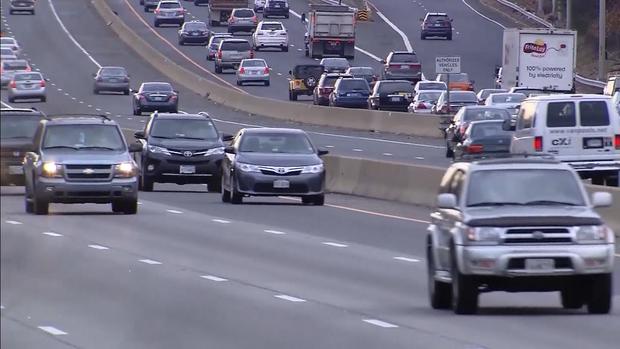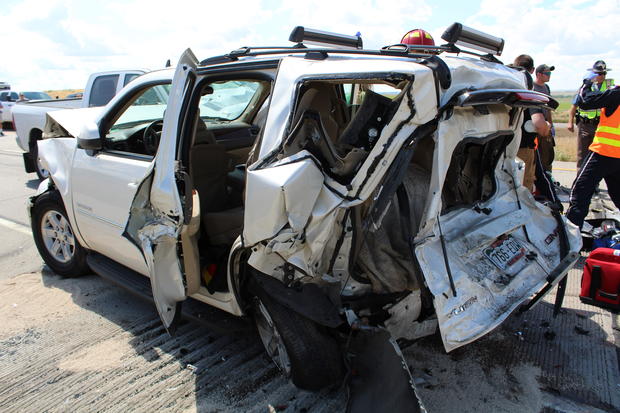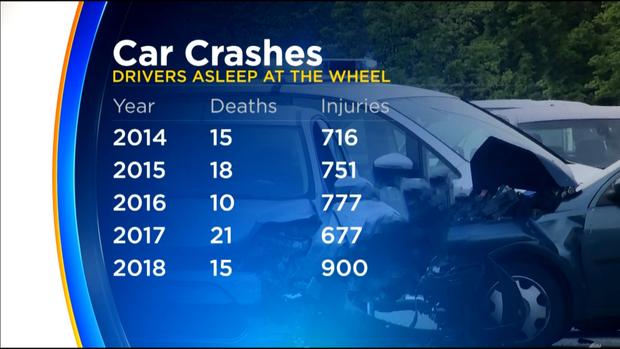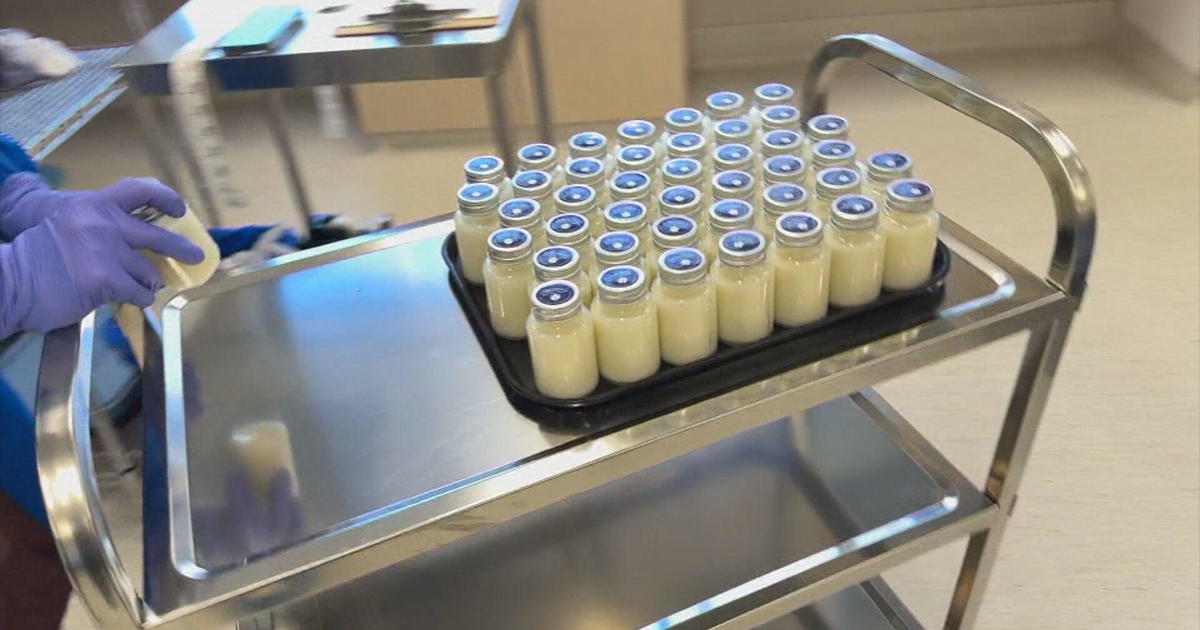Drowsy Driving Prevention Week: Drivers That Fall Asleep Cause About 16 Deaths A Year In Colorado
DENVER (CBS4) - It's National Drowsy Driving Prevention Week, and the statistics reveal drivers who are fatigued are just about as dangerous as drunk drivers.
"It's terrible to lose your family in a way like this, and it doesn't need to happen," Nicole Walters said.
Nicole and her brother Nicholas Walters lost their parents in 2017 when a tired driver working for CWRV Transport plowed into their Yukon on Interstate 76. They were awarded a $26.6 million settlement in September, but they would give anything to have their parents back.
"It's pretty angering, and it's not that hard to just get a good amount of sleep before you start driving," said Nicholas.
It turns out drowsy driving could be more common than some may think. An AAA study from 2018 revealed about 29% of drivers surveyed admitted they were so tired that they had a hard time keeping their eyes open from time to time while on the road. As part of that study, AAA researchers studied videos from cameras mounted in cars of 3,500 drivers looking for signs of fatigue. When researches analyzed more than 700 crashes caught on tape, they found signs of drowsy driving in roughly 10%.
"Just last year we saw a 30 percent increase in the number of injuries attributable in a drowsy driver or a driver that fell asleep on our roadways," said Sam Cole, the Colorado Department of Transportation's Safety Communications Director.
Cole went back to 2014 to look at figures, and he said drivers that fall asleep cause about 16 deaths a year, but injuries have steadily been climbing. He shared with CBS4 recent totals of drivers asleep at the wheel.
Deaths Injuries
2014 15 716
2015 18 751
2016 10 777
2017 21 677
2018 15 900
"It could be a mom that's been up all night with her kid, it could be somebody that worked late at work and could only gain a few hours of sleep, or it could be a truck driver," Cole said.
So when it comes prevention, the best recommendation from experts is to get enough sleep. And they say if that's not possible, just don't get on the road.
The National Safety Council says driving after going more than 20 hours without sleep is the equivalent of driving with a blood alcohol concentration of .08, the legal limit, but drivers with less sleep may be more impaired.






